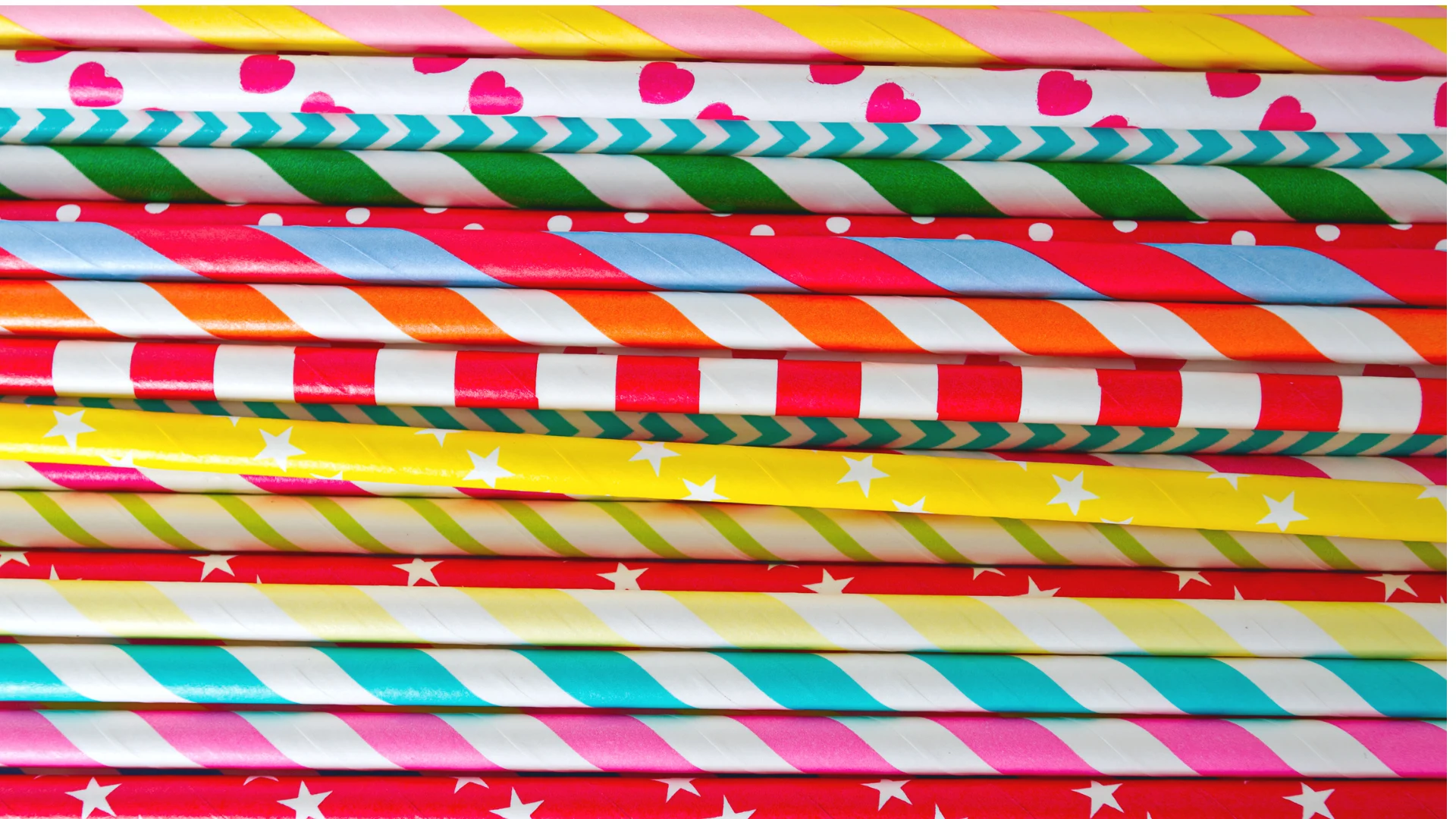
Toxic chemicals found in paper straws, which may not be eco-friendly after all
Paper drinking straws may be harmful and may not be better for the environment than plastic versions, researchers warn
Toxic “forever chemicals” — a persistent group of manmade substances found in several commercial and industrial products — were detected in 18 out of 20 brands of paper drinking straws tested by European researchers.
The findings are detailed in a study appearing in the journal *Food Additives and Contaminants."
PFAS were found in most of the straws tested, with the highest incidence occurring in paper and bamboo straws.
"Straws made from plant-based materials, such as paper and bamboo, are often advertised as being more sustainable and eco-friendly than those made from plastic,” Dr. Thimo Groffen, an environmental scientist at the University of Antwerp involved in the study says in a statement.
“However, the presence of PFAS in these straws means that’s not necessarily true.”
A popular alternative
In a bid to reduce waste, Canada banned single use plastics in December 2022, prompting an influx of plant-based alternatives, often framed as a healthier and better for the environment.
The paper straw market is in the midst of a meteoric rise, valued at USD 1.45 billion in 2022. Current projections suggest the industry could balloon to USD 2.23 billion by 2030.
Testing the straws
For their analysis, researchers purchased 39 brands of drinking straws made from paper, bamboo, glass, stainless steel, and plastic from hops, supermarkets, and restaurants.
Two rounds of testing for PFAS revealed the presence of the chemicals in 69 per cent of the products.
PFAS were detected in:
90 per cent of paper straws;
80 per cent of bamboo straws;
75 per cent of the plastic straws;
40 per cent of the glass straws; and
0 per cent of the steel straws tested for the study.
Perfluorooctanoic acid (PFOA) was the most commonly detected PFAS, a substance globally banned since 2020, the study's authors say.
What are the health risks?
The PFAS concentrations were low, the authors say, and because most people only use straws occasionally, they aren't considered a human health risk.
But PFAS can remain in the body for a long time and add up.
“Small amounts of PFAS, while not harmful in themselves, can add to the chemical load already present in the body,” Dr. Groffen says.
Source of PFAS unclear
Researchers aren't sure if manufacturers added PFAS to the straws to waterproof them, or if their presence is the result of contamination from the soil the plant-based materials were grown in, or the water used in the manufacturing process.
Not necessarily biodegradable
“The presence of PFAS in paper and bamboo straws shows they are not necessarily biodegradable," Dr. Groffen says.
“We did not detect any PFAS in stainless steel straws, so I would advise consumers to use this type of straw – or just avoid using straws at all.”
What are PFAS?
PFAS are used to make everyday products, from outdoor clothing to non-stick pans, resistant to water, heat, and stains. They are, however, potentially harmful to people, wildlife, and the environment.
These synthetic chemicals have been in use since the 1940s, sought-after for their ability to repel water, grease, and stains.
But PFAS have raised concerns due to their persistence in the environment and their potential health risks to humans.
Research suggests some PFSAs can remain in the environment for over a thousand years, earning them the nickname "forever chemicals."






